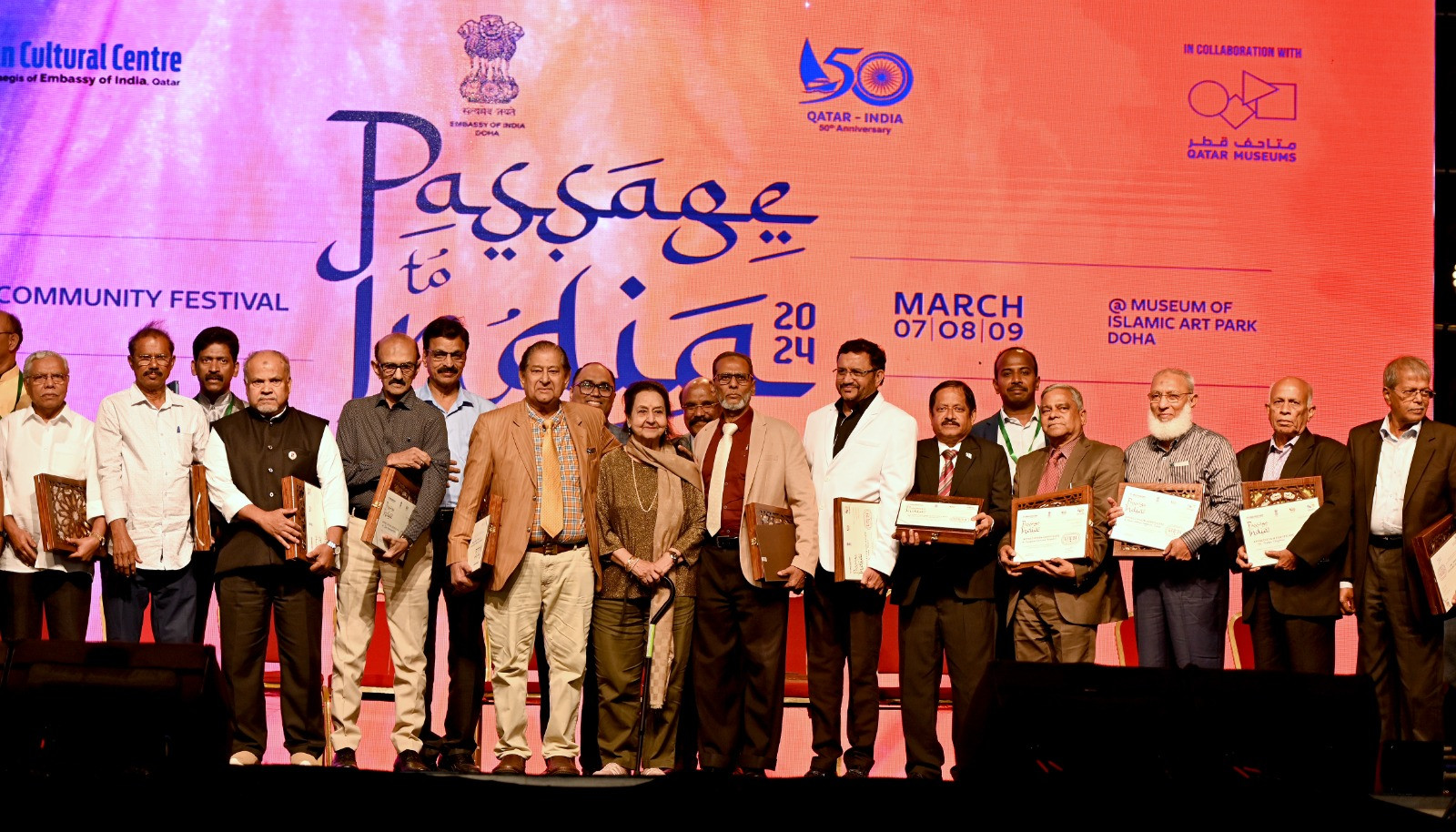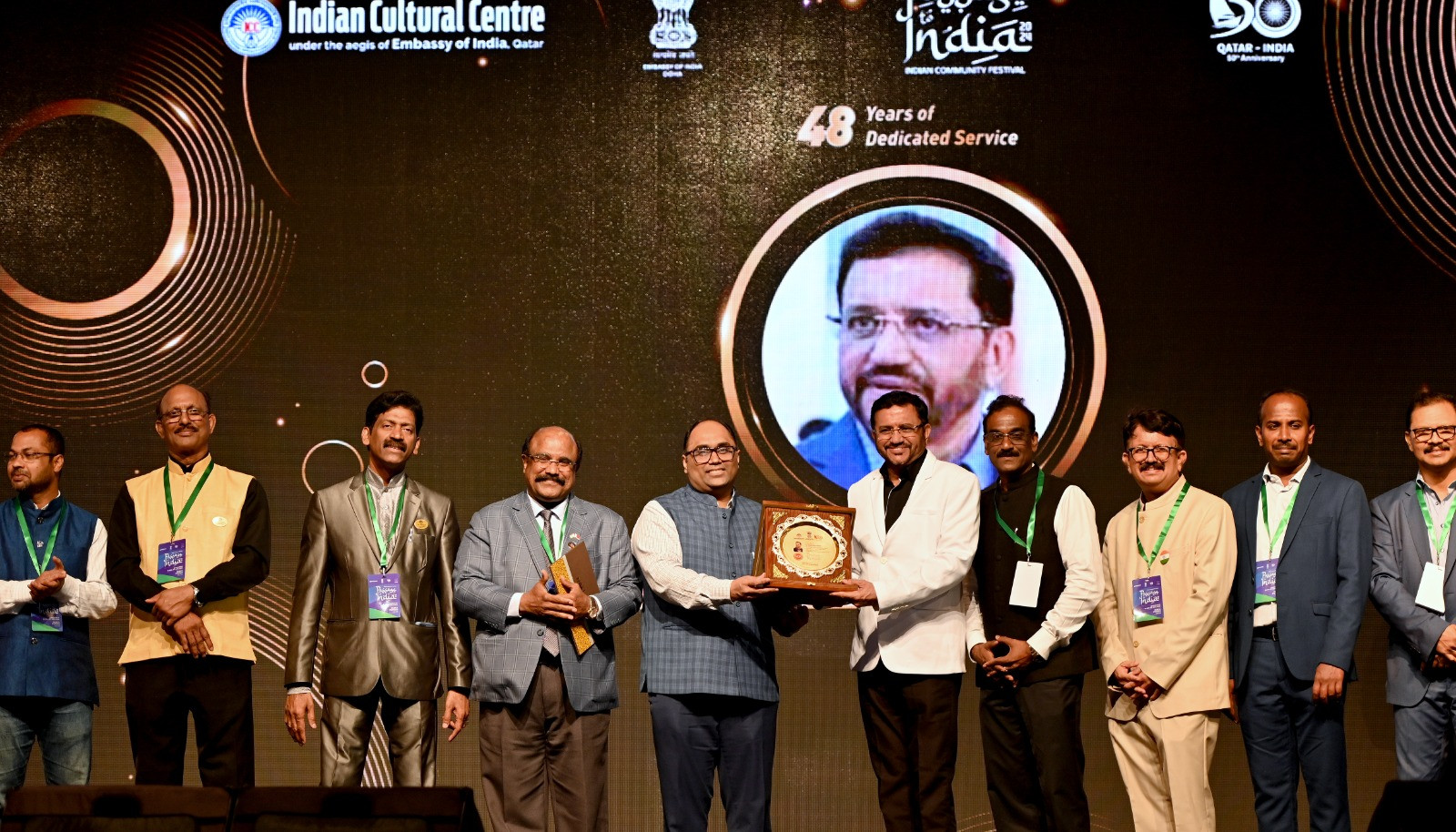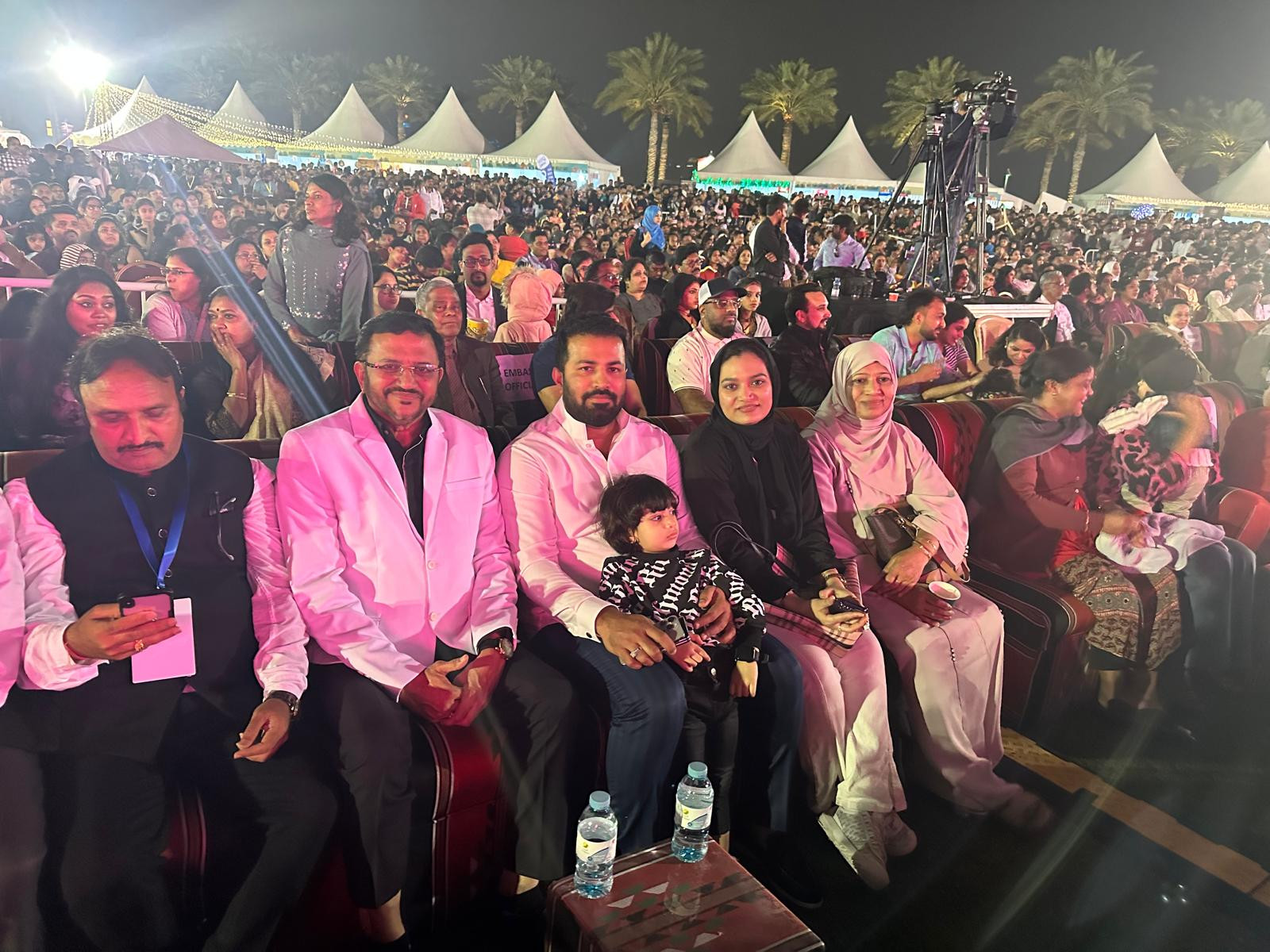Mangaluru: Abdulla Monu Moideen, a Non-Resident Indian (NRI) from Mangaluru in Dakshina Kannada district, Karnataka, was honored with the ICC Long Term Resident Award 24 by the Indian Cultural Centre (ICC) in collaboration with the Indian Embassy in Qatar.
The award ceremony took place at the Museum of Islamic Art Park in Doha, Qatar, where Abdulla Monu, the Managing Director of Euro Group in Qatar, was recognized for his outstanding community service during his over 48-year residency in Doha.
Expressing his gratitude, Abdulla Monu said, "I am deeply honoured to receive this recognition award from ICC Qatar and the Embassy of India. These past 43 years living in Qatar have been nothing short of amazing for me and my family. We are grateful for the opportunities and the wonderful life this beautiful country has given us."
He continued, "I would like to express my sincere gratitude for this recognition, and I look forward to continuing to contribute to this great nation. Thank you all, and Insha Allah, we will have more wonderful times here."




Let the Truth be known. If you read VB and like VB, please be a VB Supporter and Help us deliver the Truth to one and all.
Melbourne (PTI): Former Australian hockey player Michael Nobbs, who coached the Indian men's team at the 2012 London Olympics, has died after a prolonged illness.
He was 72 years old and is survived by his wife Lee Capes, a former Australian women's international and daughter Kaitlin, who is a current Hockeyroos star.
"Hockey Australia extends its deepest condolences to Michael’s family, friends, former teammates, players and all those whose lives and careers were shaped by his contribution to hockey. He will be remembered as a proud Kookaburra, a respected professional, and a servant of the sport," Hockey Australia said in a statement.
Nobbs represented Australia as a defender, playing across the half-back line and at fullback, and was renowned for his reliability, fitness and professionalism. He earned 76 international caps for Australia between 1979 and 1985, scoring one goal, and was a member of one of the strongest eras in Australian men’s hockey, said Hockey Australia on its website in its tribute.
Nobbs was an integral part of the Australian teams that competed at the 1981 Hockey World Cup in Bombay and the 1984 Los Angeles Olympics.
While part of a generation widely regarded as one of Australia’s finest, he consistently held his place through hard work, discipline and trust earned from teammates and coaches, Hockey Australia wrote.
Nobbs took over the coaching of the Indian men's team in 2011 after it had failed to qualify for the Beijing Games in 2008. While India were brilliant in the qualifiers, the team finished last at the London extravaganza which also expedited the Australian coach's sacking.
Apart from India, Nobbs also coached Japan.





